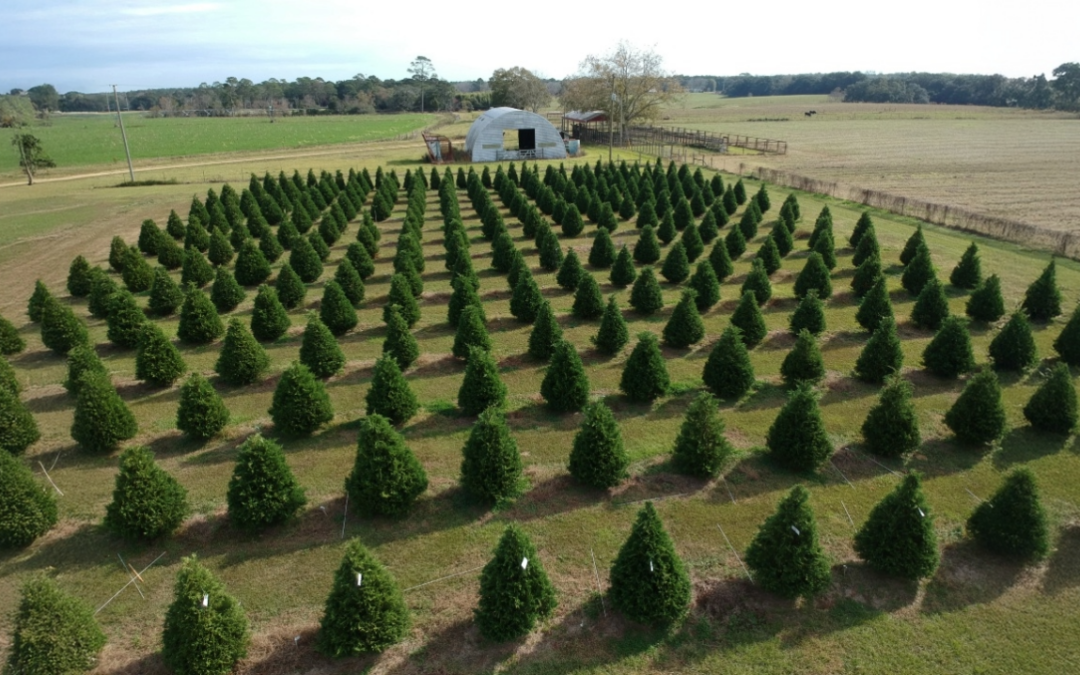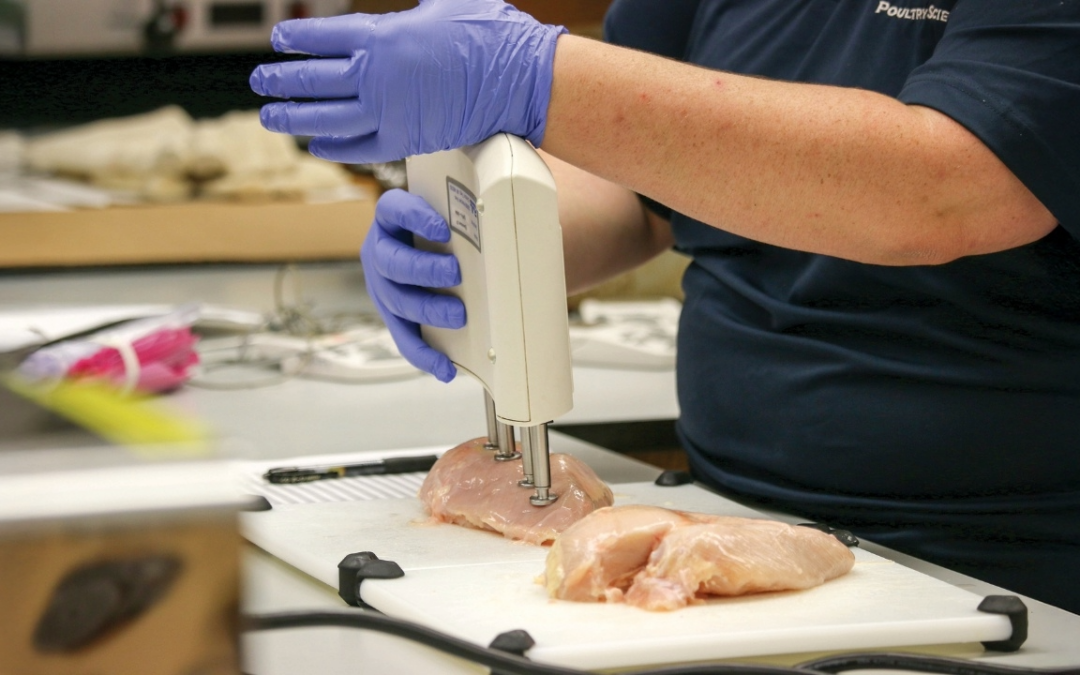Alabama Cooperative Extension System
AUBURN, Ala.—Golden fields lined rural highways in central and northern parts of the state this spring as producers add canola to crop rotations.
Alabama Extension Crop Specialist Dennis Delaney said farmers are incorporating the crop in part because of its resistance to diseases that have caused issues in fields in north Alabama, but also because of benefits to soil health.
“Canola is another alternative crop that helps farmers spread out their risk,” Delaney said. “With good yields, the profit potential has been good. It can be double-cropped with soybeans instead of wheat.”
Tyler Sandlin, a crop specialist in north Alabama, said winter canola is a good broadleaf crop rotation option.
“Canola is a desirable crop to plant due to its deep taproot that helps to reduce soil compaction and make it easy to plant double crop soybeans,” Sandlin said.
Canola is usually planted earlier in the fall and harvested earlier in the spring, allowing producers to spread out the workload. The crop grows best in medium textured soils, but can be produced on a wide range of soils with good drainage. Canola performs poorly in inadequately drained, saturated soils.
Delaney said some farmers have reported higher soybean yields after canola than after wheat. It is a good choice for a crop to follow corn because it is not susceptible to most diseases of wheat, especially Fusarium Head Blight (or Scab) that has caused problems for many producers throughout the state.
Most canola producers will apply 25 percent more nitrogen to canola than to wheat, depending on yield goals. (120 to 140 pounds of nitrogen per acre) Phosphorous and potassium are applied based on soil test results with enough for double-cropped soybeans factored in, but is similar what’s needed for a wheat/double crop soybean rotation. Boron and sulfur are also important for high yields of winter canola.
Sandlin also said most producers have been able to plant, harvest and maintain canola with the equipment already in their possession.
There are canola buyers within the state. Some are direct buyers for the canola oil industry, while others buy for the poultry industry. Sandlin said the distance to grain elevators where canola can be sold can be a challenge for some producers, depending on their growing location.
Delaney has participated in the National Winter Canola Variety Trial system, coordinated by Kansas State University through tests at E.V. Smith Research and Experiment Station.
“Plant breeders enter promising varieties into the trials across the country to see how well they perform, and those varieties change every year,” Delaney said.
Usually, Delaney said, tests are limited to 20 varieties at E.V. Smith, and have found the yields variable from year to year. Yields have ranged from very good to fair, depending on the weather. In his experience, canola does not do well with wet & warm winters and wet springs. Delaney also found it was important to plant early enough to let it become established before winter, which can be difficult after late maturing summer crops.
For more information about canola, visit www.alabamacrops.com where you will find field trial information as well as additional crop information.





